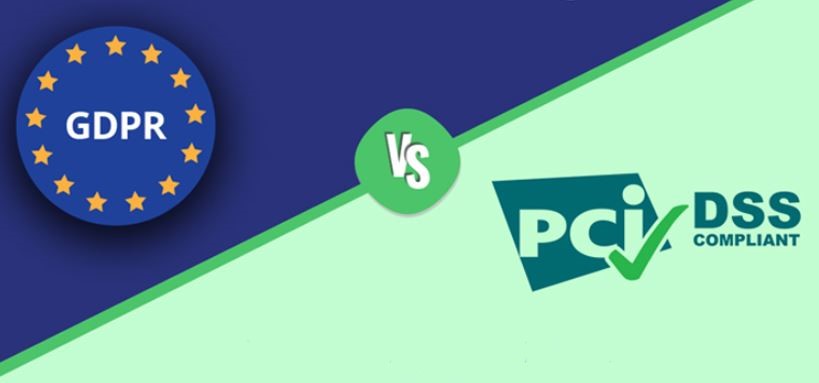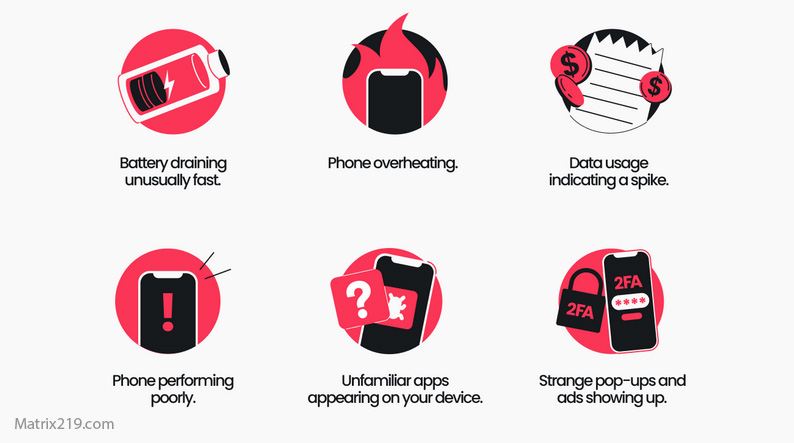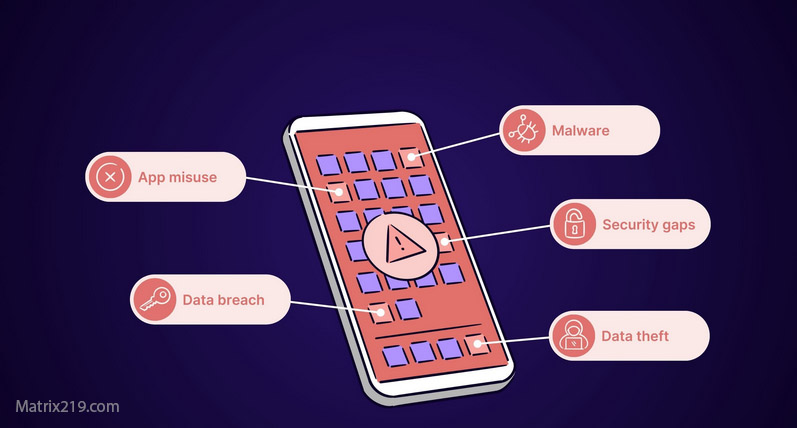With the rapid growth of e-commerce and increasing reliance on the internet for business operations, information security has become a crucial factor in safeguarding sensitive data for both companies and customers. Cyber threats pose significant financial and reputational risks to online businesses. This article explores the importance of e-commerce information security and best practices to ensure digital safety.
What Is E-commerce Information Security?
E-commerce information security encompasses a range of measures and technologies designed to protect sensitive data, such as customer personal and financial information, from unauthorized access and cyber threats.
Why Information Security Matters in E-commerce
🔹 Protecting Sensitive Data: Ensuring the confidentiality and security of customer financial and personal information.
🔹 Preventing Fraud: Defending against cyberattacks aimed at stealing money or data.
🔹 Building Customer Trust: Strengthening consumer confidence by safeguarding their data.
🔹 Regulatory Compliance: Adhering to security standards such as GDPR and PCI DSS.

Common Cyber Threats in E-commerce
⚠️ Cyber Attacks: Including malware, ransomware, and DDoS attacks.
⚠️ Phishing Scams: Deceptive tactics used to steal sensitive information.
⚠️ Data Breaches: Hacking attempts targeting customer databases.
Key Security Technologies for E-commerce Protection
✅ Data Encryption: Securing information in transit and storage.
✅ Firewalls & Intrusion Detection: Preventing unauthorized access to networks.
✅ Two-Factor Authentication (2FA): Adding an extra layer of security to login processes.
Best Practices for E-commerce Security
✔ Regular Software Updates: Patching vulnerabilities in systems.
✔ Strong & Unique Passwords: Protecting user accounts from breaches.
✔ Employee Security Training: Educating staff on safe data handling.
✔ Frequent Security Audits: Identifying and fixing security gaps.
Leveraging Cloud Security Solutions
E-commerce businesses can benefit from advanced cloud-based security measures:
☁ Secure Cloud Computing: Utilizing platforms like AWS, Google Cloud, and Azure.
☁ Cloud Backup Solutions: Ensuring data recovery in case of breaches.

Conclusion
Information security is a fundamental component of e-commerce success. By implementing best practices and leveraging advanced security technologies, businesses can enhance their cybersecurity posture, protect customer data, and maintain trust in the digital marketplace.





